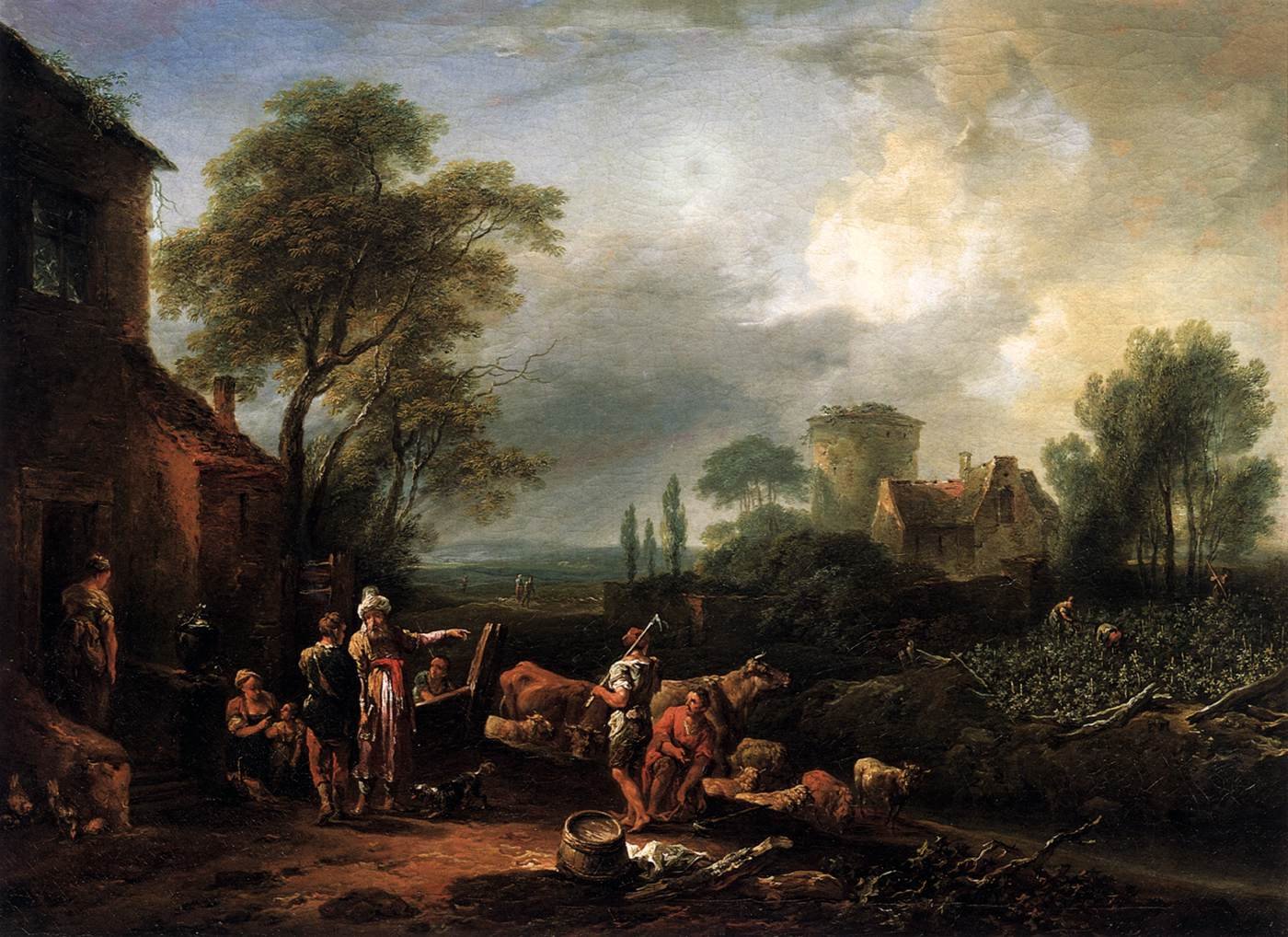The ‘Gesimas
“Up, Lord, why sleepest thou?
awake, and be not absent from us for ever.”
Ps. 44:24
In Advent of this liturgical year (December 2022) we made a quiet switch back to the calendar and lectionary - the order and structure of the church year and the readings we hear Sunday by Sunday - as preserved in our Canadian Book of Common Prayer.
The collects (prayers), epistles or lessons, and Gospels appointed for each Sunday as we find them in the Book of Common Prayer are, with some minor exceptions, the same ones which Christians have been using for well over a thousand years. In the 20th century there was a movement in many churches to change from the traditional lectionaries they had been using, which stayed the same each year, to a three-year lectionary called the Revised Common Lectionary (RCL) to which was added two additional readings with the hope that the hearers would both hear more scripture each Sunday and more from scripture over the course of three years.
It’s a good and noble goal, and we should as Christians strive to ‘read, mark, learn, and inwardly digest’ as much scripture as we can, but as we know from other parts of our lives there can sometimes be a benefit in returning to something over and over again so that our relationship to it grows in familiarity and our understanding from it deepens. This is why I made the pastoral decision last year to move us from the modern Revised Common Lectionary back to the ancient lectionary preserved in the Prayer Book.
A return to the calendar and structure of the Christian year offered by the Book of Common Prayer also opens up a whole world of church seasons, festivals, and meaning that was put away when churches switched to the RCL, times and seasons which offer us deep spiritual insight into our relationship with God and the rhythm of the church year. One of those seasons that disappeared when churches switched to the RCL is the three-week long pre-Lent season sometimes called Shrovetide.
Shrovetide consists of the three oddly-named Sundays which proceed Epiphanytide and Candlemas but lead us to Ash Wednesday and Lent - Septuagesima, Sexagesima, and Quinquagesima - being the seventieth, sixtieth, and fiftieth days (approximately) before Easter.
We often talk about Lent, which begins formally on Ash Wednesday, as a kind of journey or pilgrimage towards the cross and Jesus’ resurrection. The desert is often an image that gets used during the season as we think of those times in which Jesus fled to the desert for solitude and prayer, the time he was taken out to be tempted by the devil, and the way that the wilderness of the desert often mirrors the wilderness that is our lives. The desert can be both a place of quiet, prayerful refuge and solace as well as a place of great danger and temptation, but in both cases - by God’s grace - are we able to find God there.
Just like any journey or pilgrimage that we undertake in our lives, the journey of Lent requires a certain amount of mental and spiritual preparation. Lent is often a time when we fast (give things up; sacrifice certain things) so that in wanting for something we might be reminded of the journey that we are on and have our spiritual senses just a bit more attuned and focused towards God. To throw oneself into such a journey with no preparation could be perilous - we might find ourselves floundering in our Lenten disciplines before we even begin, and so it’s good to take a bit of time and think about the coming journey and how we hope to approach it.
The ‘Gesimas offer us just such an opportunity. The overarching theme of these three weeks, as one great Theologian once wrote, is the call to pilgrimage - which we hear in the Gospel on the final of these three weeks, Quinqugesima, in Jesus saying to the disciples, “Behold, we go up to Jerusalem” (Lk 18:31). As I said in my sermon on Candlemas, we have now made a substantial turn in our church year away from the quiet, humble, lovely joy of Christmas, the nativity, the manger, the shepherds and the Magi, and towards the cold, grim reality of Jerusalem and Golgotha, and the things which will take place there during Holy Week.
In the first two Sundays, Septua- and Sexagesima, we hear parables, epistles, and prayers that speak of labour, running races, and asking God for defence against adversity, specifically, I think, the adversities that we will face in our Lenten journey and disciplines.
There is much more to be said about these Sundays as we journey through them and about Lent once that journey formally begins, but it is a joy to be able to restore them to use in our Parish, to receive all that they offer us in our spiritual journey, and for the ways they will help us to prepare for that Lenten journey which is to come.
-The Rector


